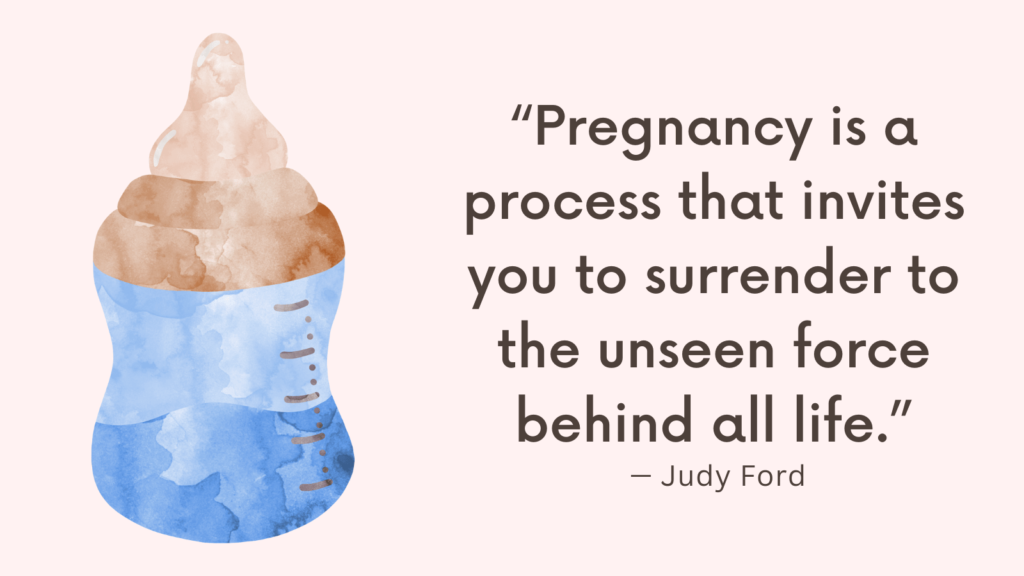More energy, nasal congestion, and the uterus rising above the pelvic bone.
You’re 15 weeks pregnant! You’re well into your second trimester, and for many moms-to-be, this is when pregnancy starts feeling more real. Your baby is growing rapidly, your belly may be more noticeable, and you may start feeling better overall.
Let’s dive into your baby’s development, changes in your body, and how to manage symptoms at 15 weeks pregnant.
What’s Happening to Your Baby?
At 15 weeks, your baby is about the size of an apple (10-11 cm or 4 inches long) and weighs around 70 grams (2.5 oz). Your little one is growing stronger every day!
Major Developments This Week:
Baby Can Sense Light! – Even though the eyelids are still shut, your baby can sense bright light through your belly.
Hearing Is Developing – The tiny bones in your baby’s ears are forming, and soon they’ll be able to hear your voice!
Legs Are Growing Longer Than Arms – Your baby is starting to look more proportionate.
Eyebrows & Hair Are Starting to Grow – Tiny hair follicles are developing, and lanugo (fine body hair) is covering the skin.
Baby Is Moving More! – Your little one is kicking, stretching, and twisting, but you may not feel it just yet.
Joints Are Fully Functional – Your baby can bend their arms and legs, wiggle fingers, and make facial expressions!
Taste Buds Are Developing – Your baby may start “tasting” flavors from the amniotic fluid.
What’s Happening to Your Body?
At 15 weeks pregnant, many women start feeling better overall. You may have more energy, less nausea, and a growing baby bump.
Common Symptoms at 15 Weeks Pregnant:
More Energy – Many moms start feeling like themselves again!
Less Morning Sickness – Nausea is improving for most women.
Baby Bump Is More Noticeable – Your uterus is expanding, and your belly may start showing!
Round Ligament Pain – Mild pulling or stretching in your lower belly due to uterus growth.
Bloating & Constipation – Progesterone slows digestion, leading to bloating.
Nasal Congestion – Higher estrogen levels can make your nose feel stuffy.
Increased Appetite – You might feel hungrier as your baby is growing fast.
Mild Swelling in Feet & Hands – Water retention may cause slight puffiness.
Mood Swings & Pregnancy Brain – Forgetfulness and emotional ups & downs are common.
How to Cope with Week 15 Pregnancy Symptoms
1. Managing Increased Appetite
Eat nutrient-dense foods to support your baby’s growth.
Snack on healthy options like nuts, yogurt, and fruits.
Don’t overeat! Listen to your body’s hunger cues.
2. Handling Round Ligament Pain
Stretch gently or try prenatal yoga to relieve tension.
Change positions slowly to avoid sudden discomfort.
Use a belly band for extra support if needed.
3. Preventing Constipation & Bloating
Eat fiber-rich foods like fruits, vegetables, and whole grains.
Drink plenty of water to help digestion.
Stay active – Walking can help relieve bloating.
4. Coping with Nasal Congestion
Use a humidifier to keep the air moist.
Drink plenty of fluids to stay hydrated.
Try saline nasal sprays (pregnancy-safe).
5. Managing Swelling
Elevate your feet when sitting for long periods.
Wear comfortable shoes and avoid tight socks.
Stay hydrated to reduce water retention.
6. Dealing with Mood Swings & Forgetfulness
Write things down – Make lists to help with pregnancy brain!
Get enough sleep – Rest helps with mood and memory.
Practice self-care – Take time to relax and de-stress.
What Should You Be Doing in Week 15?
Now that you’re in the second trimester, here’s what to focus on this week:
1. Schedule Your Next Prenatal Appointment
Your doctor will check your uterus size and baby’s heartbeat.
You may discuss gender ultrasound options (usually between weeks 18-20).
Your doctor might test for iron levels and gestational diabetes.
2. Keep Taking Your Prenatal Vitamins
Make sure your vitamin contains 400-800 mcg folic acid for brain and spinal cord development.
A vitamin with DHA & Omega-3s supports baby’s brain growth.
3. Eat a Healthy Pregnancy Diet
Include protein-rich foods like eggs, chicken, and tofu.
Eat calcium-rich foods like yogurt, milk, and cheese.
Stay hydrated – Drink at least 8 glasses of water daily.
4. Start Looking Into Maternity Clothes
Your regular jeans may feel tight, and your baby bump may be growing.
Consider maternity leggings, stretchy pants, or loose dresses.
5. Think About Baby Names!
If you haven’t started yet, make a list of baby names you like!
Discuss with your partner and narrow down your favorites.
6. Plan a Babymoon (If You Want One!)
The second trimester is the best time to travel before baby arrives.
Check with your doctor if you plan to fly or take a trip.
7. Start a Pregnancy Journal or App
Document how you feel each week.
Take weekly bump photos to track your progress.
Final Thoughts
You’re 15 weeks pregnant, and your baby is growing fast! This is an exciting phase because many women feel better, have more energy, and start showing more.
Your baby is moving more, developing tiny features, and even sensing light! Symptoms like bloating, nasal congestion, and round ligament pain may still be there, but you’re on your way to a smoother trimester.


